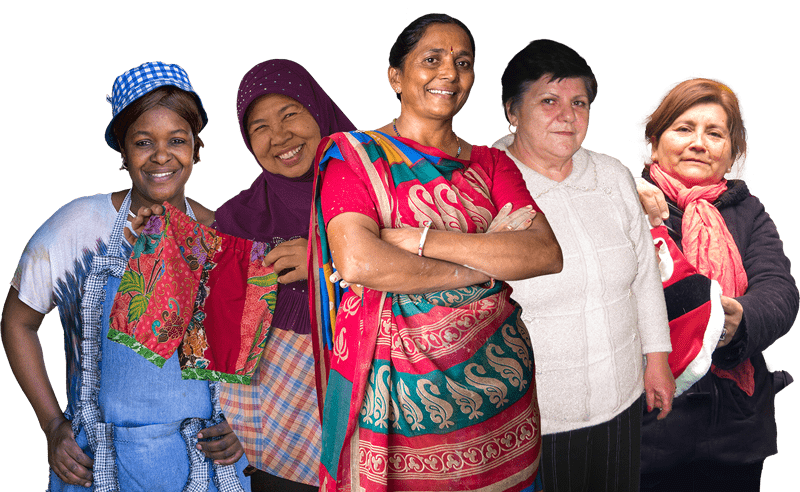
The campaign will take place over the course of four years, with 14 countries of HNI Affiliates currently on board and with 4 primary goals that can guarantee the necessary protection for HBWs and legitimise their status as workers. This would also enable HBWs to have a voice in society and ensure their visibility, further increasing their validity as contributing members of the workforce.
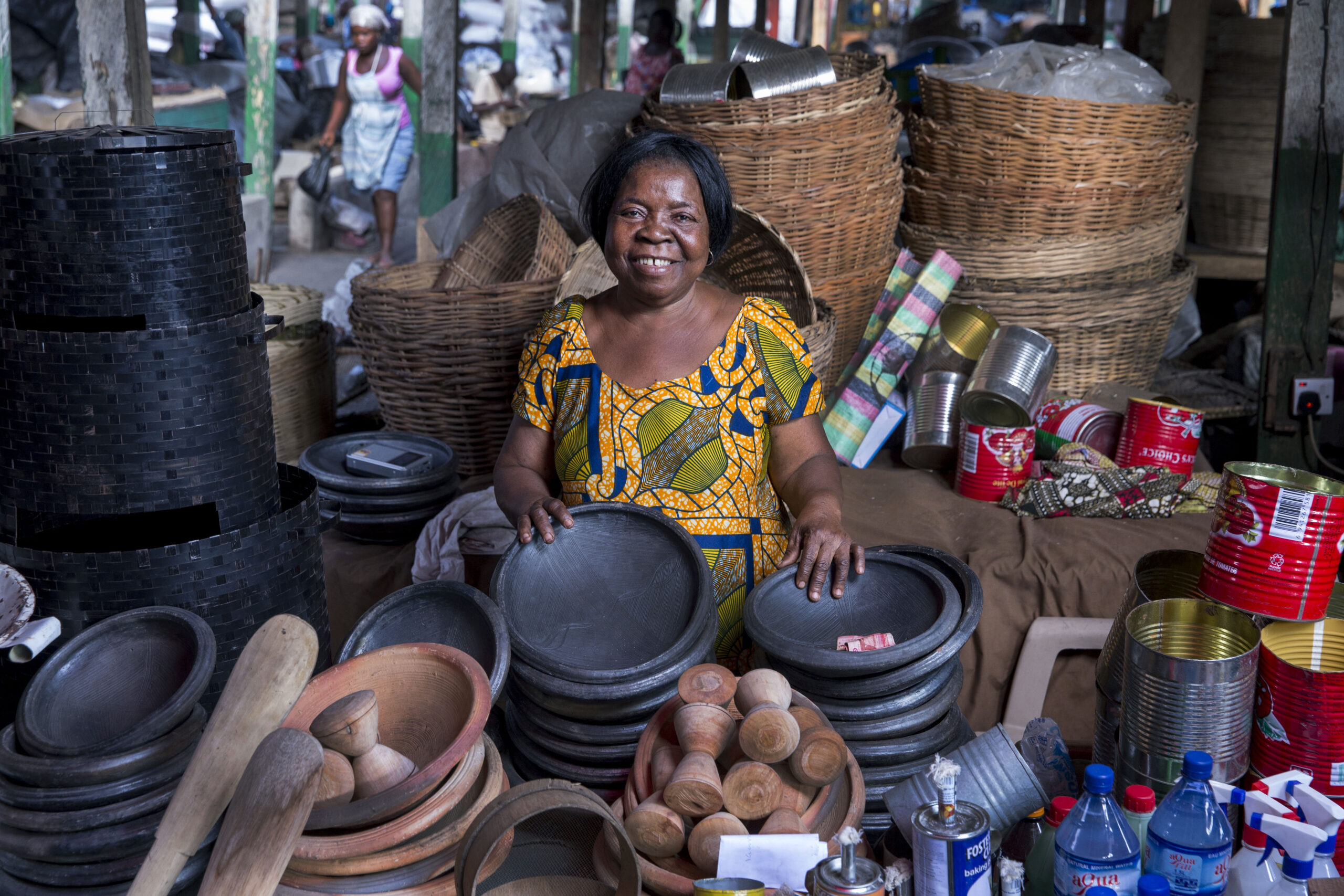
Ratification of ILO C177
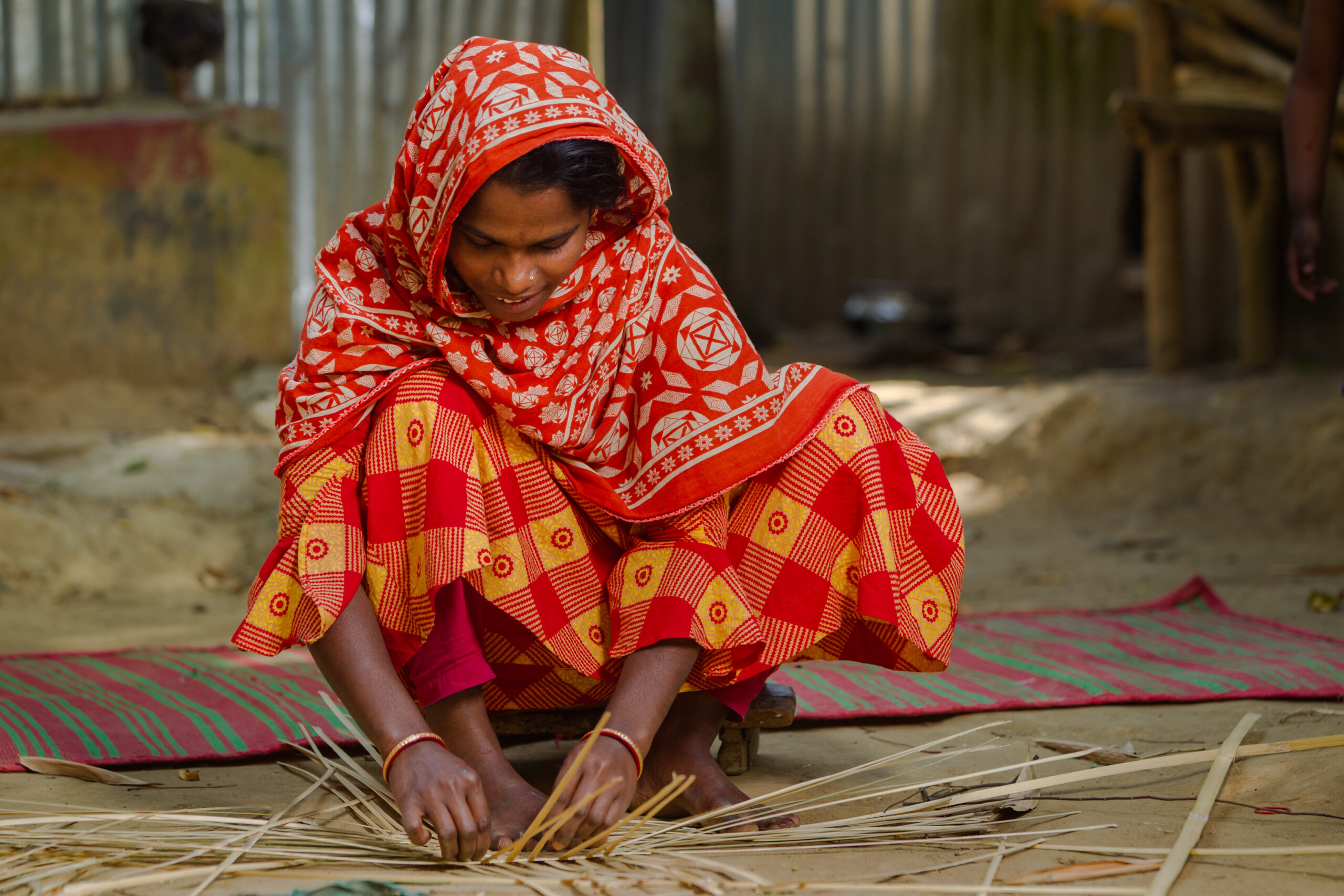
Development of policies for home-based workers, irrespective of ILO C177

Improvement of an existing policy that a country has

Creation of guidelines or rules
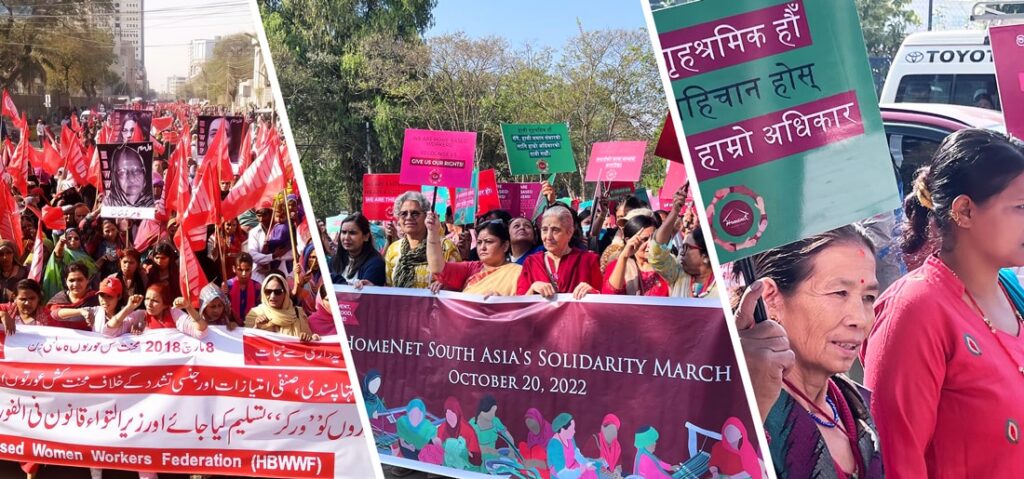

Improving Existing Policy

Policy Irrespective of ILO C177

Improving Existing Policy

Guidelines Irrespective of Policy
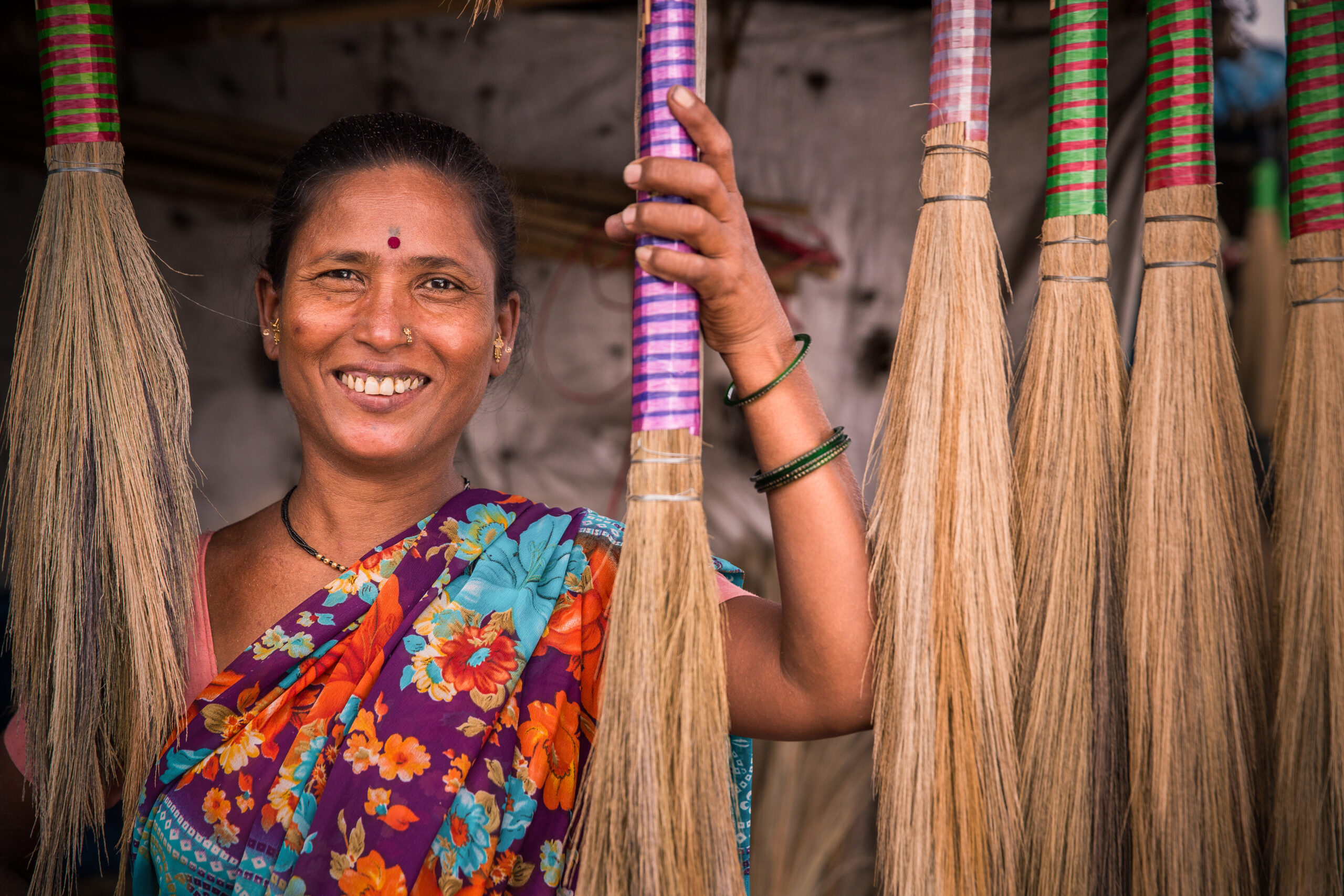
Guidelines Irrespective of Policy
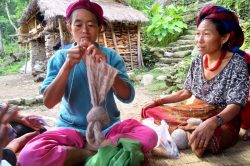
Ratification of ILO C177

Improving Existing Policy
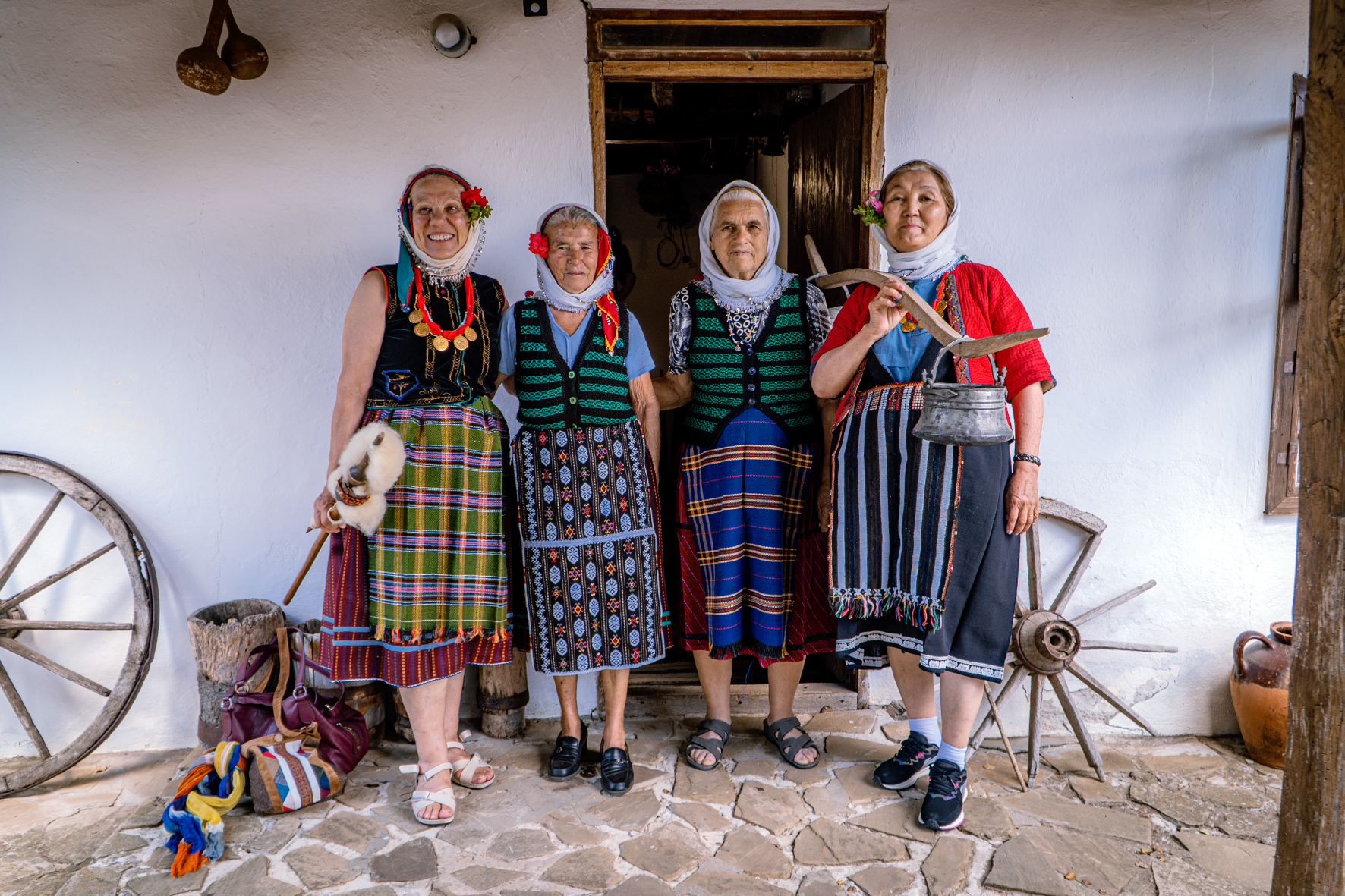
Ratification of ILO C177

Policy Irrespective of ILO C177
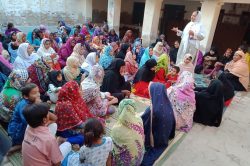
Ratification of ILO C177

Ratification of ILO C177
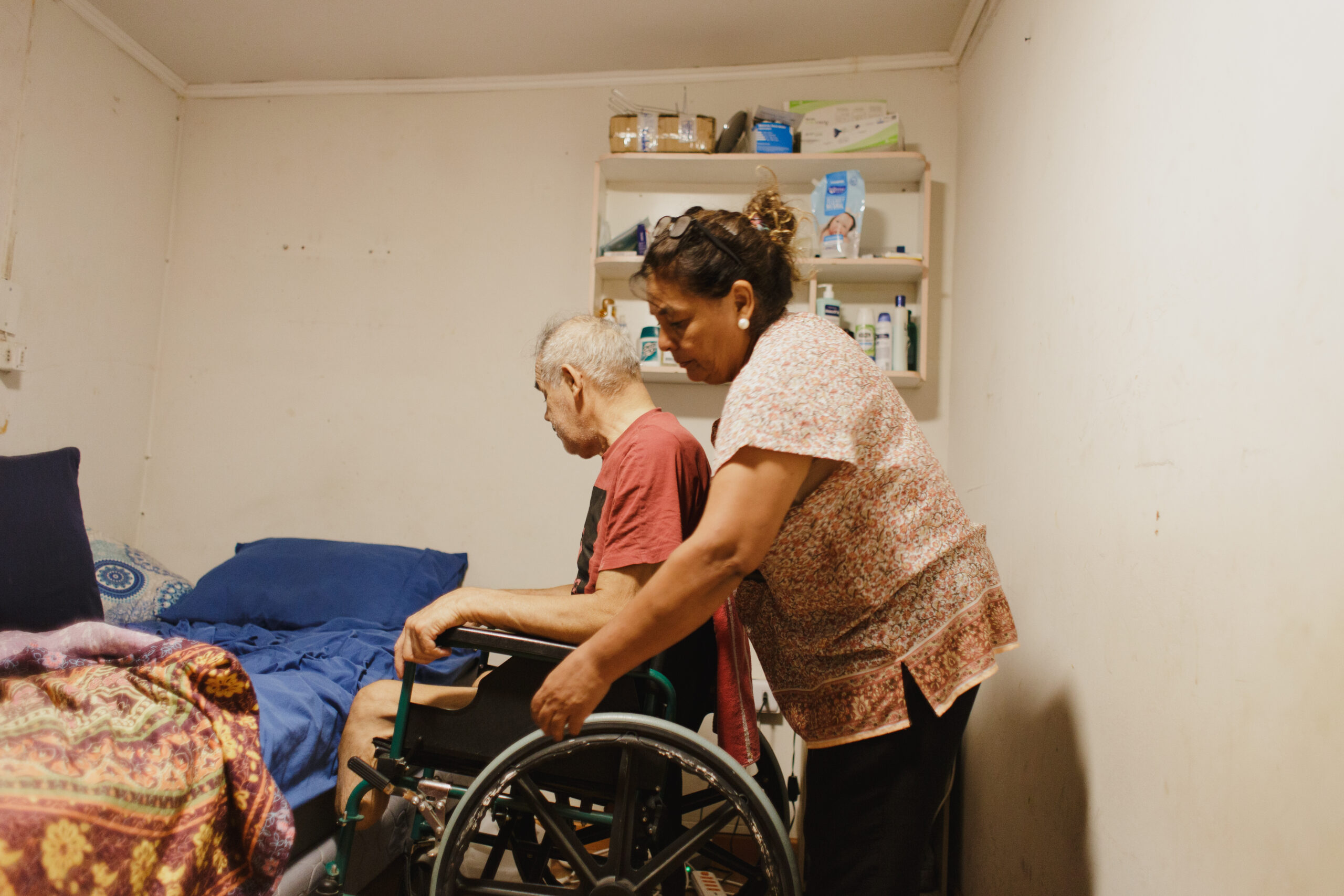
Creation of guidelines or rules

Policy Irrespective of ILO C177
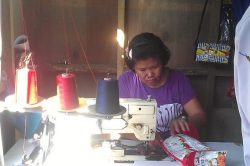
Improving Existing Policy
is the approximate number of women home-based workers globally, according to ILO, who manage both their paid work and the additional responsibilities of domestic and caregiving duties.
In 1996, the ILO adopted the Home Work Convention, 1996 (No. 177) and Recommendation (No. 184), to improve the working conditions of homeworkers. The Convention calls upon governments to adopt and implement a national policy on homework, in consultation with employers and worker unions. However, with home-based work on the rise, it is sad to observe that as of 2023 only 13 countries have ratified ILO C177.
Copyright © HomeNet International